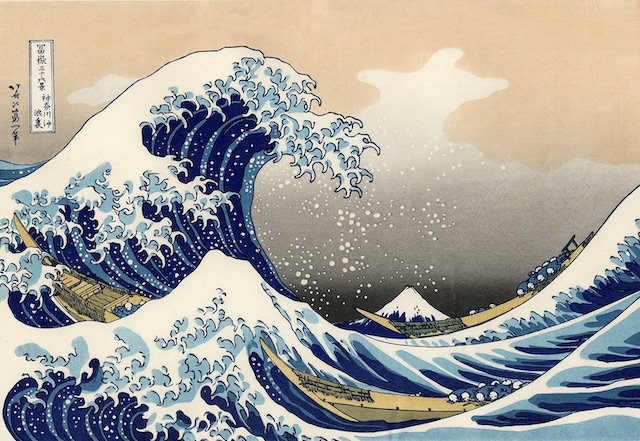Since moving to Japan, I have comfortably accepted the designation of a “retired” senior. Admittedly, I do not have much to do, particularly within the pandemic imposed limits on one’s activities. With Keiko working a demanding job, I have defined a supportive role for myself taking on my share of responsibility for some routine household chores, shopping, cooking and pet care.
I enjoy my role but was recently taken aback when Keiko said to me with all sincerity that I had become a “perfect Japanese housewife!” It was certain she was paying me a compliment, but perhaps, I thought, something was being lost in translation.
With some quick research I discovered that the Japanese phrase ryosai kenbo, meaning a “good wife,” describes a woman who has mastered the arts of kaji (household chores) and devotes those skills and energy to the creation and maintenance of a happy and peaceful home.
Although fewer Japanese may women embrace the ryosai kenbo role with pride today, the custom of teaching women to marry the house and not the man, still holds. Indeed, they say, Iye wa onna no takara (the house is a woman’s treasure).
The act of soji or cleaning, particularly using washiki or traditional Japanese ways, nourishes the soul — the more a woman does it, the closer she gets to heaven. Housework is not shigoto (a job), exchangeable for cash, but a michi (way) that ultimately leads to self-knowledge and inner peace.
I embrace and cherish the honor; proud that our relationship reflects a degree of gender equality in contrast to the persistent gender inequality still evident in Japanese society.
I see my household activities as “productive work” and I was pleased to learn that recent studies confirm that the time spent day-to-day in such activities, including cooking, cleaning, and other household chores, also has a positive impact on my health.

